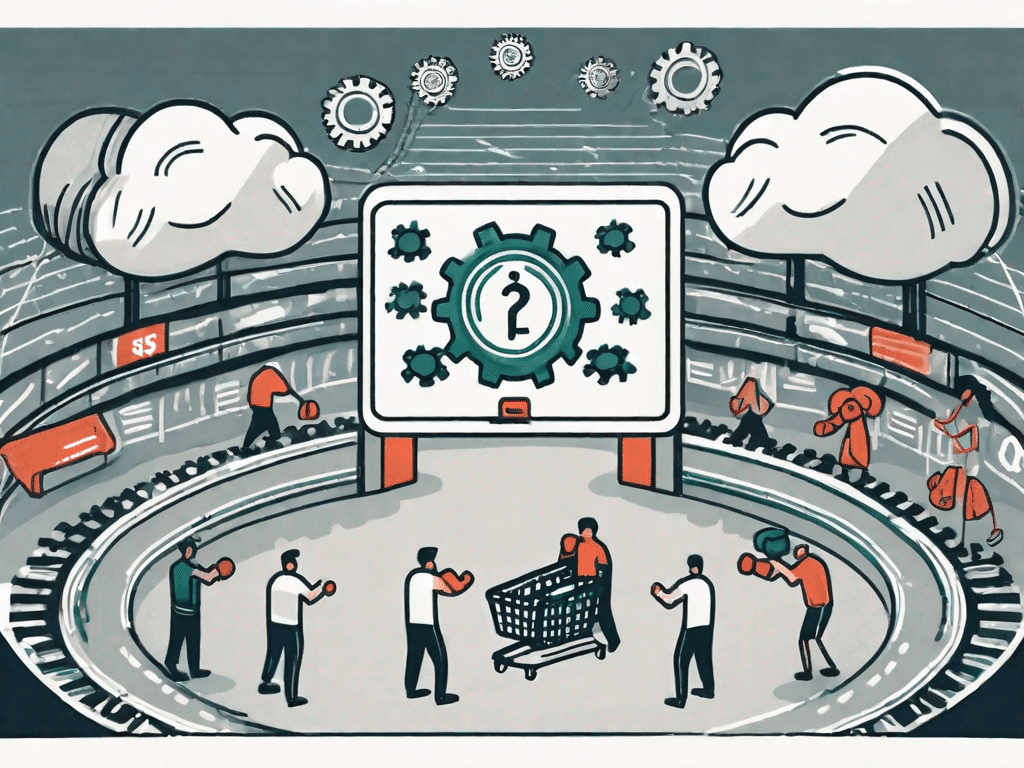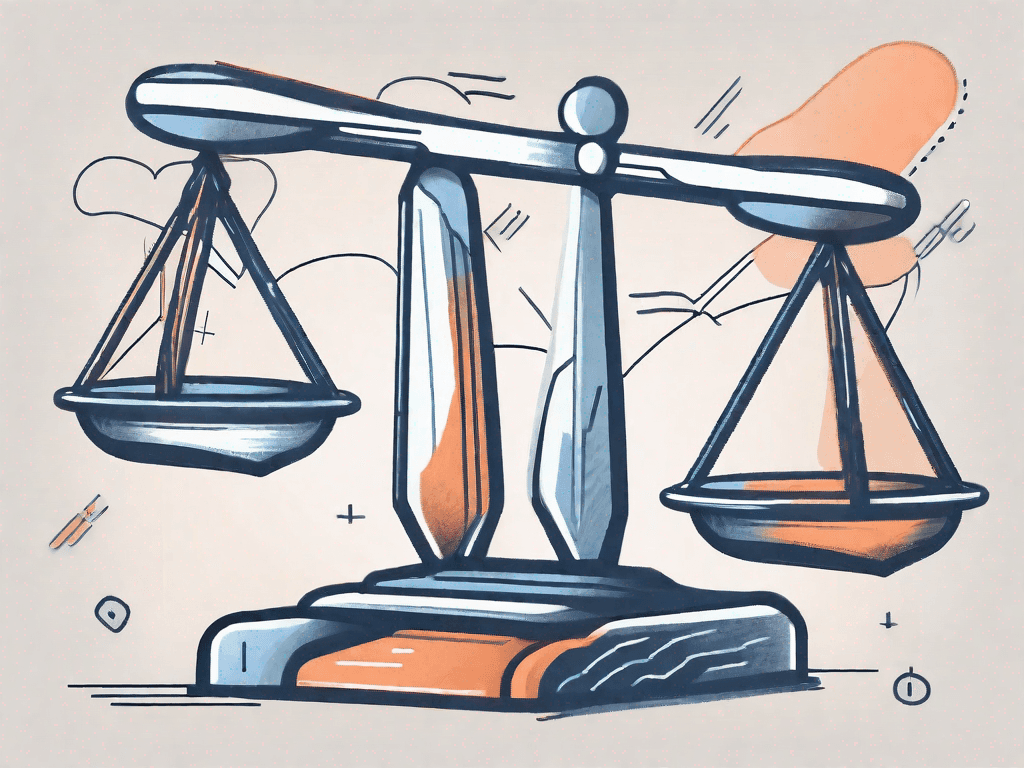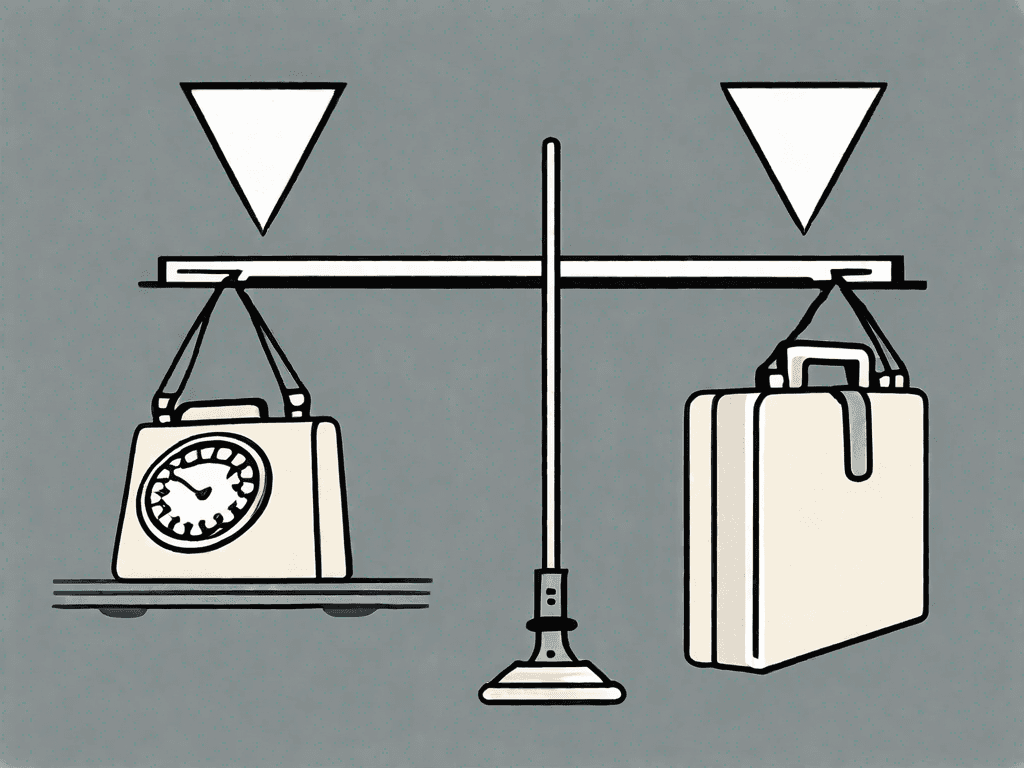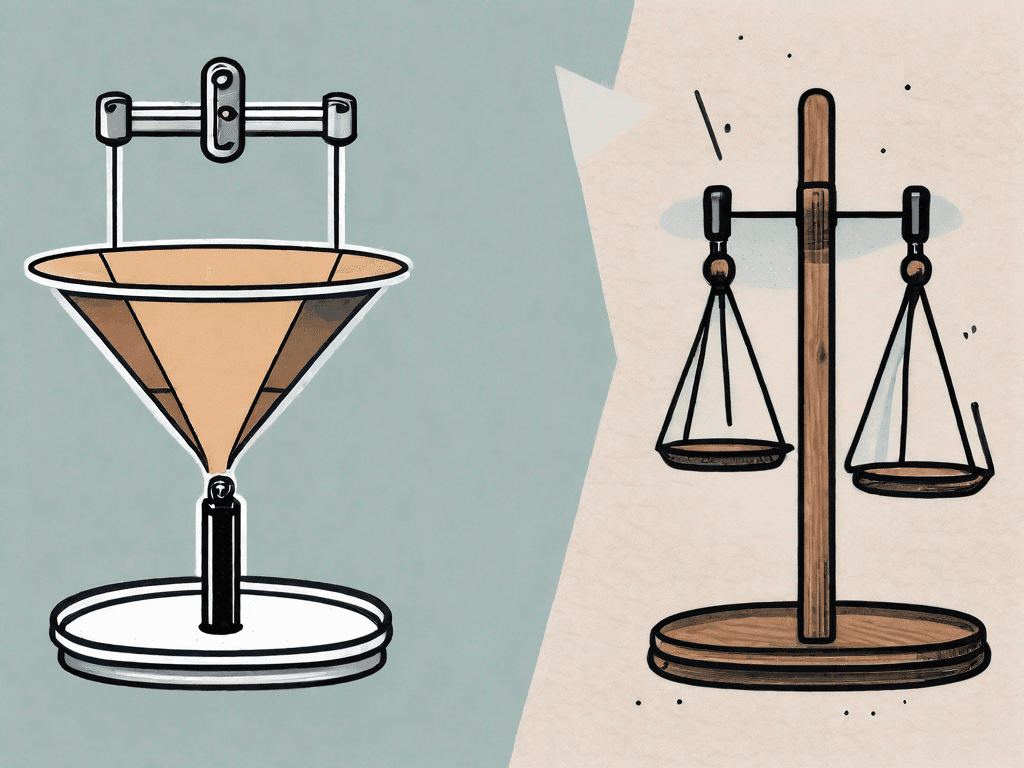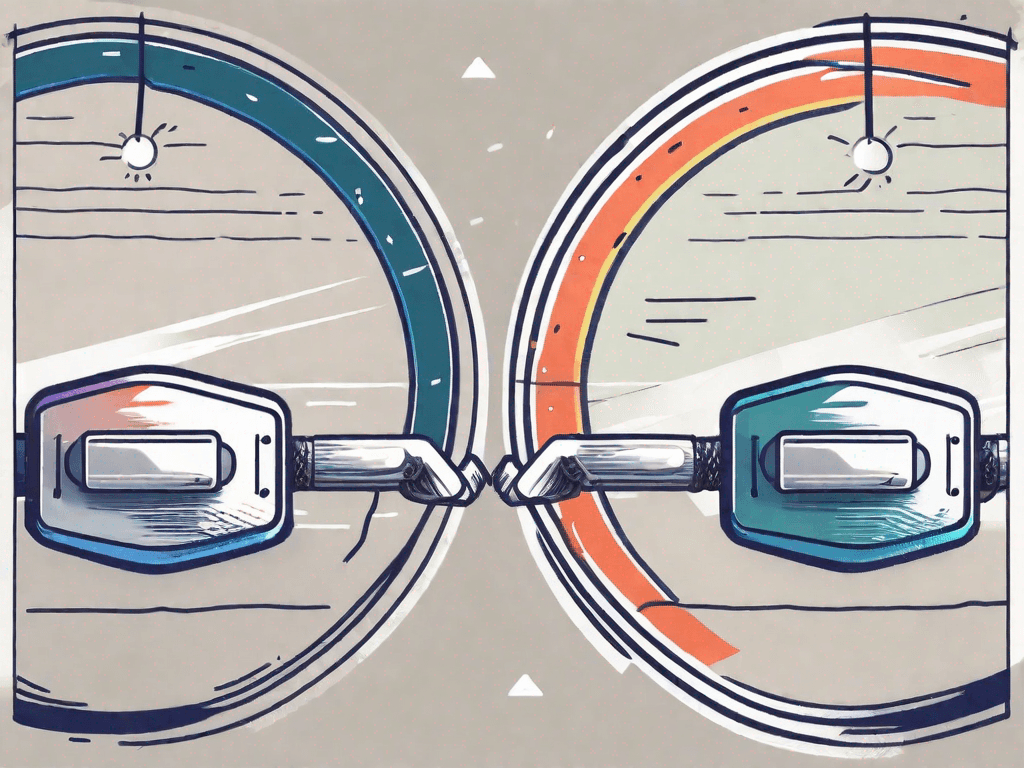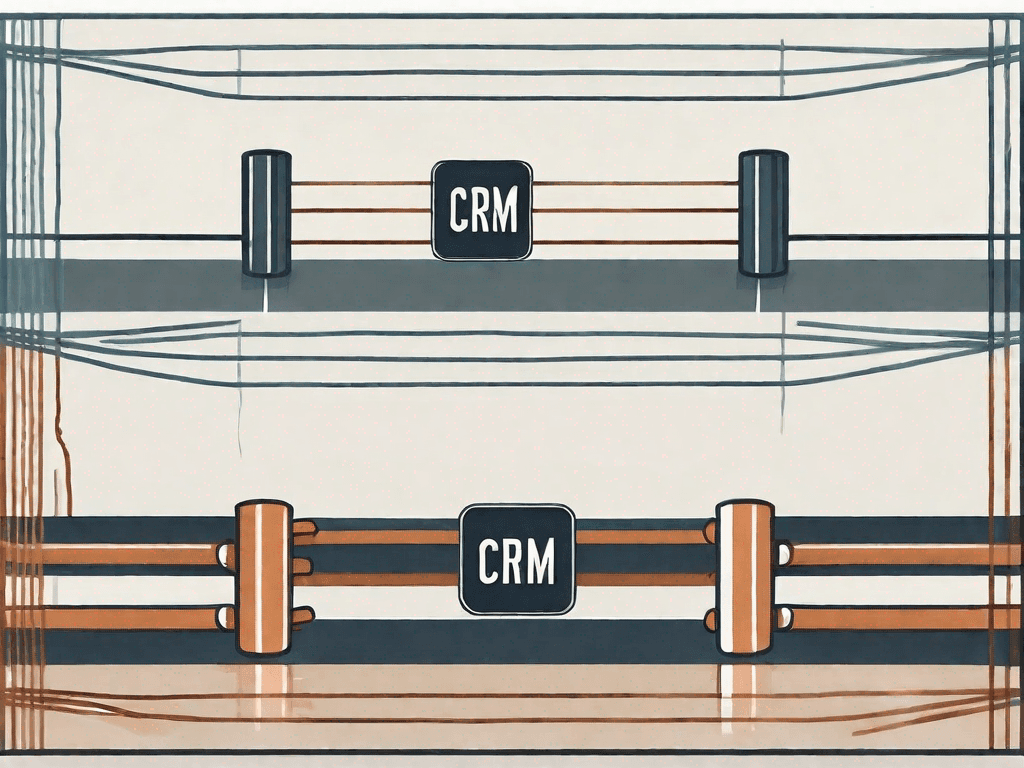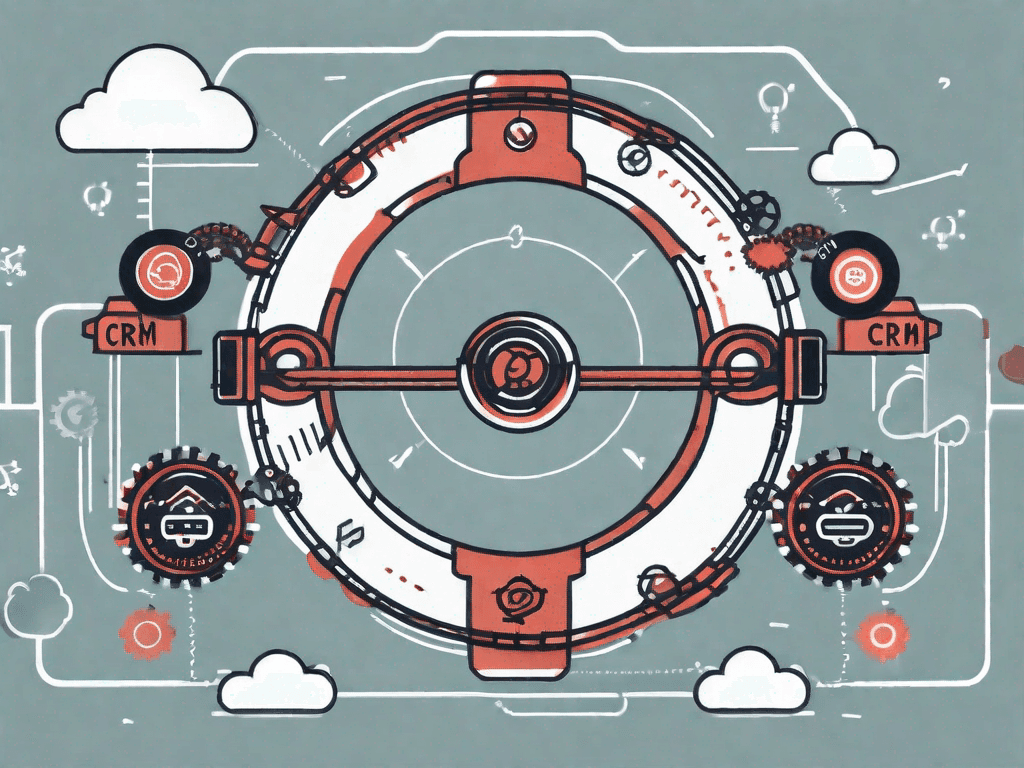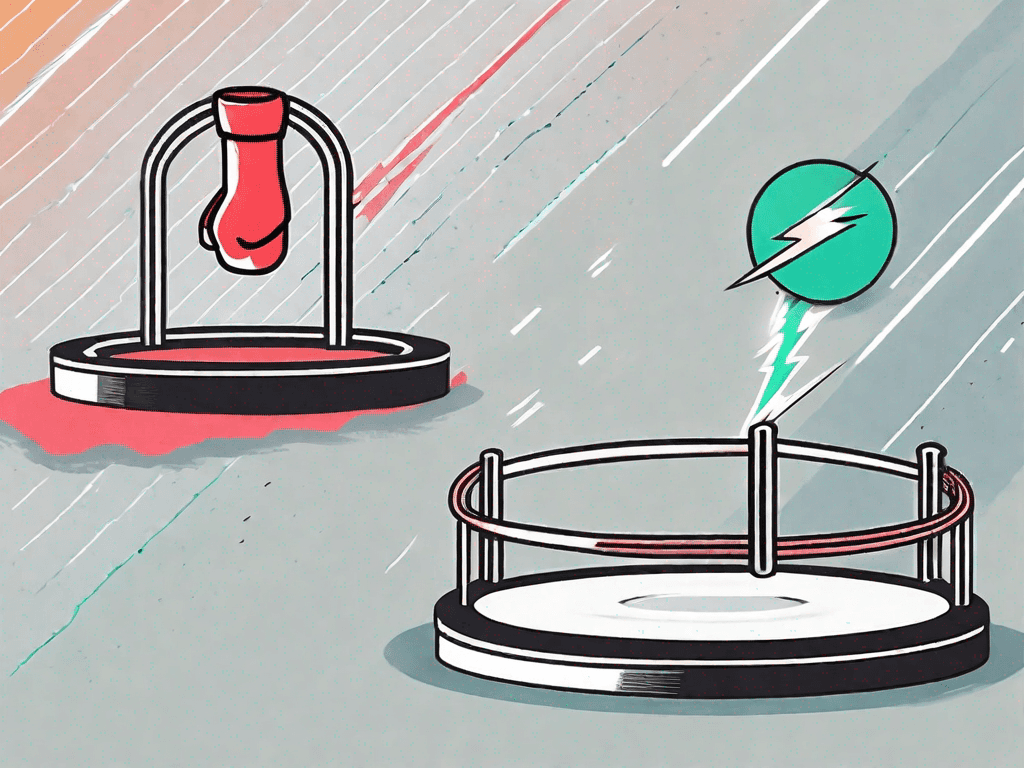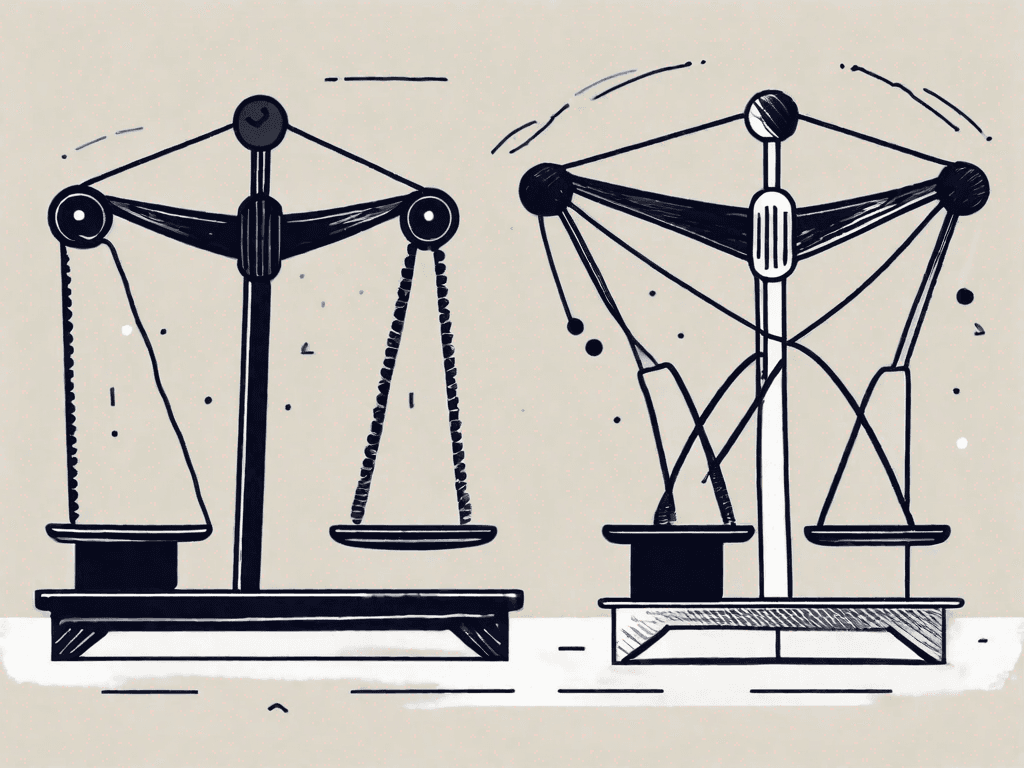
Salesmate vs Notion: Which CRM is the Best?
In the world of customer relationship management (CRM) software, two popular options are Salesmate and Notion. These platforms offer unique features and capabilities that cater to different business needs. In this article, we will explore the pros and cons of Salesmate and Notion, compare their pricing models, assess their integrations, and determine which one is the best choice for different types of users
Pros and Cons of Salesmate and Notion
Before diving into the specifics, it's important to understand the strengths and weaknesses of both Salesmate and Notion.
Salesmate and Notion are two popular software platforms that offer different features and functionalities. While Salesmate is primarily focused on providing a comprehensive set of tools for sales teams, Notion offers a versatile workspace that combines project management, note-taking, and collaboration features in one unified platform.
1.1 Pros of Salesmate
Salesmate offers a robust set of features that make it an ideal choice for sales teams. The platform provides an intuitive user interface, customizable sales pipelines, and advanced reporting capabilities. With Salesmate, sales teams can easily track their leads, manage customer relationships, and close deals more efficiently. Additionally, Salesmate integrates seamlessly with popular tools like Gmail, Outlook, and Slack, allowing users to streamline their workflows and improve productivity.
One of the key advantages of Salesmate is its user-friendly interface. The platform is designed to be intuitive and easy to navigate, making it accessible for users of all skill levels. This means that sales teams can quickly adopt Salesmate without the need for extensive training or onboarding.
Another strength of Salesmate is its customizable sales pipelines. Users can tailor their pipelines to match their specific sales processes, ensuring that they have a clear and organized view of their sales funnel. This customization allows sales teams to prioritize their leads, track their progress, and identify potential bottlenecks in the sales process.
Furthermore, Salesmate offers advanced reporting capabilities that provide valuable insights into sales performance. Users can generate detailed reports on key metrics such as revenue, conversion rates, and sales activities. These reports enable sales teams to identify trends, make data-driven decisions, and optimize their sales strategies.
1.2 Cons of Salesmate
On the downside, some users find Salesmate's pricing structures to be a bit confusing. The platform offers different pricing plans with varying features and limitations, which can make it difficult for users to determine the best option for their needs. Additionally, while Salesmate offers a comprehensive set of sales-focused features, it may lack some of the collaboration and project management capabilities that other CRM platforms provide.
It's important for users to carefully evaluate their specific requirements and compare them with Salesmate's features to ensure that it aligns with their business needs. While Salesmate excels in sales-related functionalities, it may not be the best fit for organizations that require extensive collaboration and project management capabilities.
1.3 Pros of Notion
Notion, on the other hand, offers a versatile workspace that combines project management, note-taking, and collaboration features in one unified platform. Its flexible structure allows users to create custom databases and organize information in a way that suits their unique needs. Notion's sleek design and ease of use make it a favorite among productivity enthusiasts.
One of the key advantages of Notion is its ability to serve as a centralized hub for all project-related information. Users can create and organize tasks, documents, and notes within Notion, making it easy to collaborate with team members and keep everyone on the same page. The platform also offers a variety of templates and tools that facilitate effective project management, such as Kanban boards, calendars, and Gantt charts.
Notion's flexibility is another strength that sets it apart from other software platforms. Users can customize Notion to match their specific workflows and preferences, allowing for a personalized and efficient work environment. Whether it's creating a knowledge base, managing a content calendar, or organizing a team project, Notion provides the tools and flexibility to adapt to different use cases.
1.4 Cons of Notion
Despite its many strengths, Notion may not be the ideal choice for sales-focused teams. Its CRM capabilities are more limited compared to specialized CRM software like Salesmate. While Notion offers basic customer relationship management features, such as contact management and task tracking, it may not provide the advanced sales automation and lead management functionalities that sales teams require.
Additionally, some users report occasional performance issues when working with large amounts of data in Notion. As the platform allows users to create and store a wide range of content, including documents, images, and multimedia files, it may experience slower load times or occasional lags when handling extensive data sets. However, Notion's development team is continuously working on improving performance and addressing user feedback.
1.5 Key Differences between Salesmate and Notion
When comparing Salesmate and Notion, it is important to note several key differences. Salesmate is primarily designed for sales teams and focuses on streamlining the sales process. It offers a comprehensive set of sales-focused features, including lead management, sales pipelines, and advanced reporting capabilities. Salesmate integrates seamlessly with popular tools like Gmail, Outlook, and Slack, making it a valuable asset for sales teams looking to improve efficiency and productivity.
On the other hand, Notion offers a broader array of features and is better suited for users who need a versatile workspace for project management, note-taking, and collaboration. Notion's flexible structure allows users to create custom databases, organize information, and collaborate with team members effectively. While it may not provide the same level of sales-specific functionalities as Salesmate, Notion excels in providing a unified platform for managing projects, tasks, and knowledge.
In conclusion, both Salesmate and Notion have their own strengths and weaknesses. The choice between the two ultimately depends on the specific needs and priorities of the user or organization. Salesmate is a powerful CRM platform designed to streamline sales processes, while Notion offers a versatile workspace for project management and collaboration. By carefully evaluating the features and capabilities of each platform, users can make an informed decision that aligns with their business goals.
How does Salesmate pricing compare to Notion?
Price is often a deciding factor when choosing a CRM software. In this section, we will compare the pricing models of Salesmate and Notion to help you make an informed decision.
2.1 Salesmate Pricing
Salesmate offers three pricing plans: Starter, Growth, and Enterprise. The Starter plan is suitable for small teams and starts at $15 per user per month. The Growth plan, at $35 per user per month, includes advanced features like workflow automation and email tracking. The Enterprise plan offers custom pricing for larger organizations with specific requirements.
2.2 Notion Pricing
Notion employs a different pricing approach. They offer a free plan that allows for limited functionality and a Premium plan that costs $4 per user per month when billed annually. The Premium plan unlocks additional features such as unlimited file uploads and version history.
2.3 Pricing comparison
When comparing the pricing models of Salesmate and Notion, it is evident that Salesmate caters more explicitly to businesses with sales-oriented needs, while Notion offers a more general-purpose platform at a lower cost. Therefore, businesses looking for advanced sales features may find better value in Salesmate, while those seeking a versatile workspace may prefer Notion.
How do Salesmate integrations compare to Notion?
Integrations play a crucial role in enhancing a CRM's functionality and making it a seamless part of an organization's existing toolset. Let's explore how Salesmate and Notion fare in terms of integrations.
3.1 Salesmate integrations
Salesmate provides extensive integrations with popular tools used in sales and customer support, such as Gmail, Outlook, and Slack. This enables users to leverage their existing workflows and reduce the need for manual data entry.
3.2 Notion Integrations
Notion also offers integrations with several third-party tools, including Google Drive, Slack, and GitHub. While not as extensive as Salesmate's integrations, Notion's integrations are diverse enough to support collaboration and streamline work processes.
Which one is the Best for You?
Ultimately, the best CRM software for you depends on your specific requirements and use case. Let's explore which platform may be the best choice for different types of users.
4.1 The Best for Salespeople
If you are primarily focused on sales and want a CRM solution tailored to your needs, Salesmate is likely the better choice. Its advanced sales features, seamless integrations with popular sales tools, and customizable pipelines make it an excellent option for sales teams.
4.2 The Best for Consultants
For consultants who need a versatile workspace that supports project management, collaboration, and note-taking, Notion could be the ideal choice. Its flexible structure, rich customization options, and user-friendly interface make it a fantastic tool for organizing and managing client projects.
4.3 The Best for Digital Marketing Agencies
Digital marketing agencies may require a CRM that integrates well with their existing workflows and marketing tools. In this scenario, Salesmate's strong sales-focused features, along with its integrations with marketing platforms like Mailchimp and HubSpot, make it a great fit for digital marketing agencies.
Conclusion
Choosing the right CRM software is a critical decision for any business. Salesmate and Notion offer distinct features and approaches to CRM, catering to different needs and use cases. By understanding the pros and cons of each platform, comparing their pricing models, evaluating their integrations, and considering your specific requirements, you can make an informed decision on which CRM software is the best fit for your organization.











![The 8 Best Social CRM Software in 2025 [Comparison]](https://framerusercontent.com/images/RYHyYapdgIi83BEWtMdX418.png)
![The 6 Best LinkedIn CRM in 2025 [Comparison]](https://framerusercontent.com/images/Luywfni7ZKjb19yghbhNPy4I4qQ.png)



![The 5 Best Twitter CRM [Comparison]](https://framerusercontent.com/images/EWcbvYnVZglJLO8jp3OlHkTvsHo.png)


































































































































































